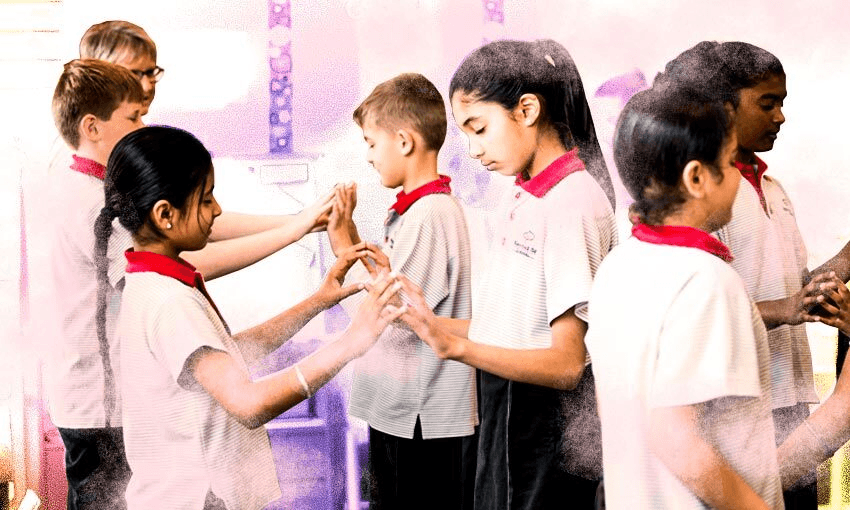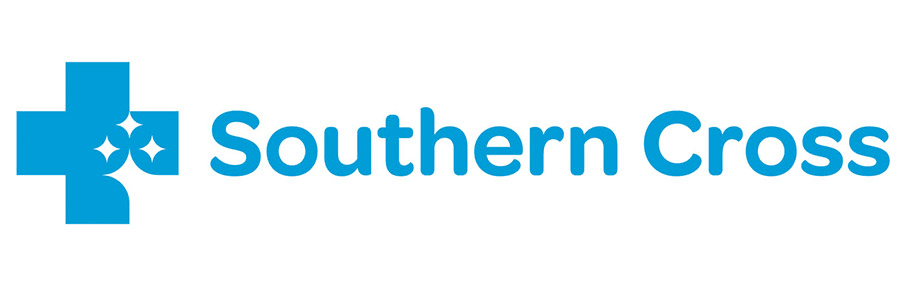A programme teaching mindfulness in primary and intermediate schools across the country is giving young New Zealanders the skills to navigate everyday life. Emily Writes talks to the people running the Pause Breathe Smile programme.
Over the course of the last two years the whole world has slowly learnt how to deal with an entirely new way of living – the new realities of life in a pandemic. Learning how best to work from home, take full-time care of children and try to maintain a somewhat optimistic view of the future can be draining, but while adults often have the mental resources to properly deal with these emotions, the same isn’t always true for young people.
For young students struggling with learning from home, away from their peers and teachers, coping with the sudden changes has been especially confusing. Developing the tools to deal with these changes is something that hasn’t always been taught in schools, but within the current climate it’s becoming increasingly important to learn.
Now these students are finding comfort in a nation-wide mindfulness programme. Pause Breathe Smile is a locally developed mindfulness-based wellbeing programme for schools teaching children aged five to 12, coping skills and conflict resolution. Lessons run over eight weeks, with additional learning and resources available to help teachers integrate mindfulness into the classroom long-term.
The programme includes lessons on regulating and managing emotions, self-awareness skills and positive relationships. The goal is for students to learn these skills early in life to help them cope with challenges now and as young adults.
What started as a study into how we can improve the mental health of our tamariki has become a movement with more than 3,000 teachers throughout New Zealand on board. Pause Breathe Smile co-founder Grant Rix began to develop a mental wellbeing programme for young people in 2012 while working at the Mental Health Foundation.
“If we can get that happening early in life then not only can we help our kids to flourish now, but also give them some strategies to cope with the ups and downs of life as they grow,” Rix says.
Internationally, mindfulness in schools programmes are having significant positive impacts on students. One study found children who learned mindfulness in schools reported fewer depressive symptoms, lower stress and greater well-being. Another analysis of studies found mindfulness-based interventions in children and youths held promise, “particularly in relation to improving cognitive performance and resilience to stress”.
Seeing that success Rix wanted to embrace the potential that schools have to teach children not just about reading and writing but their health and wellbeing too. He knew the results would have holistic benefits for their learning environment.
“If teachers are asking kids to pay attention but never teaching them how, that’s a problem for them and that’s why it’s taken root so well in the education sphere.”
Rix says Pause Breathe Smile is making real change in addressing the distress young people are feeling, and the way they interact with each other.
“I heard from one principal who spent all of their time writing up reports on altercations between students, and they hadn’t had to file a report since beginning the Pause Breathe Smile programme,” he says.
The programme is now available free for any primary and intermediate school thanks to Southern Cross, which joined forces with the Pause Breathe Smile Trust and The Mental Health Foundation last year.
A Healthy Futures study by Southern Cross found that 55% of adults are concerned about their children’s coping abilities. So supporting Pause Breathe Smile was an important investment in the next generation of Aotearoa, says Southern Cross chairman Greg Gent.
“Mental health in youth is on everyone’s mind and there’s not sufficient resource to deal with it at the bottom of the cliff. The system is straining, and we thought if you could intervene early then that’s the place where we could make a difference.”
Gent has worked mentoring principals with The Springboard Trust – an organisation bringing cross-sector experts together with New Zealand school leaders to create change in education – which allowed him to see the Pause Breathe Smile programme in place at trial level. He was blown away by what he was hearing from participating schools.
“The principal raved about the results. A child came to school and said ‘mum and dad had a fight last night and I tried to teach them how to deal with it through Pause Breathe Smile’ and that really pulled on a heart string for me.”
Since partnering with Southern Cross, Pause Breathe Smile has reached over 200 schools and more than 56,000 children.
So, what actually is mindfulness? Mindfulness is the act of being fully present to life in each moment, physically and mentally, both within and around us. Rix says the two core components of mindfulness are the intentional act of paying attention to the present moment, and in a way that is largely non-judgmental in nature.
“Research shows that’s really our number one executive function: To be able to regulate our attention. To be able to cut through negative forms of mind-wandering. And to bring our attention back to where the body is – which is always in the here and now.”
Practicing mindfulness helps children to learn how to manage stress no matter the circumstances they face. It also encourages them to have a positive attitude toward their own lives and toward their peers.
“As well as training the attention, mindfulness also looks at the best qualities of the heart and cultivating those. Paying attention with openness, with acceptance, with love and compassion,” he says.
“As they grow, children and young people start judging themselves and beating themselves up. We want to help them all to really understand that you can find peace by bringing your attention back to the moment where your body is.”
If ever there was a time for children to have these abilities – it’s now. Aotearoa currently ranks 35 out of 41 OECD countries in overall child wellbeing outcomes, according to Unicef. We have one of the highest youth suicide rates in the OECD.
“We’re at this point in history where everything has been turned upside down and we want young people and children to be able to navigate these uncertain times with a bit of confidence and balance rather than being thrown around by circumstance,” says Rix.
Genée Crowley, the principal of Baverstock Oaks School in Auckland says the programme has taught her students to resolve problems and conflicts themselves, rather than coming to teachers constantly for reassurance. There have also been improvements in academic achievement as well as the mental health of the children.
Students have started using breathing exercises before tests to calm their nerves ahead of big assessments. The outcomes are palpable.
“We found they’d get so much better results as they were getting into a really good head space and reducing their anxiety.”
During the most recent Covid-19 lockdown the Pause Breathe Smile techniques provided valuable tools for students and teachers to manage the challenging learning environment. It means teachers get a holistic picture of their students’ learning environment and mental health.
“We’ve been working on mindful eating, mindful breathing before they even start the session, and they’ve been doing exercises asking, ‘what are you grateful for at the moment?’.”
And the lessons don’t end there – tamariki take their mindfulness home, teaching their parents and siblings what they’ve learned. While there is no single measure of poverty in New Zealand, it’s known that many families are struggling. In the year ended June 2020, about one in seven children (157,800) lived in households with less than 50% of the median equivalised disposable household income, before deducting housing costs.
“We know in reality that in some of the homes children are in, they don’t get the care for the wellbeing that they need. School is a real safe haven for those children.
“But, over the course of a year, school is only there 10% of the time. It’s not a lot, so we have to cram a lot into a small amount of time but if the children are feeling calm they’re going to learn,” says Crowley.
Creating a safe and happy environment that encourages learning is a priority. The Pause Breathe Smile programme helps teachers to deliver on that promise.
The programme wasn’t just beneficial for their students, Crowley says.
“Teaching is a wonderful profession but it’s a difficult profession now. There are families who have some really tough challenges that we work with them on and it’s hard on staff. A lot of our staff use the Pause Breathe Smile mindfulness techniques. It puts you in a better position to cope with adversities that come along.”
Crowley says she is “delighted” that the programme is being supported by Southern Cross so all schools can access it. She wants schools’ role in students’ wellbeing to be seen as something as essential as reading and writing. Because they’re intrinsically tied together.
“We’ve got to give our children strategies to support their mental health before it gets too bad.”
An impact evaluation on the Pause Breathe Smile programme found it had an “overwhelmingly positive” impact on students. The results highlighted how the programme strengthened school ‘cultures of care’, that were more conducive to learning, engagement and wellbeing for culturally diverse students and their teachers and school leaders. The programme also positively impacted school culture and whānau.
Now, the goal is for Pause Breathe Smile to continue to spread the message of mental health resilience throughout Aotearoa.
“These are life-long lessons for kids. We would love to see it in every school in New Zealand, that is the hope. Because it works,” Southern Cross’ Gent says.
“Everyone just wants to see youth succeed.”


